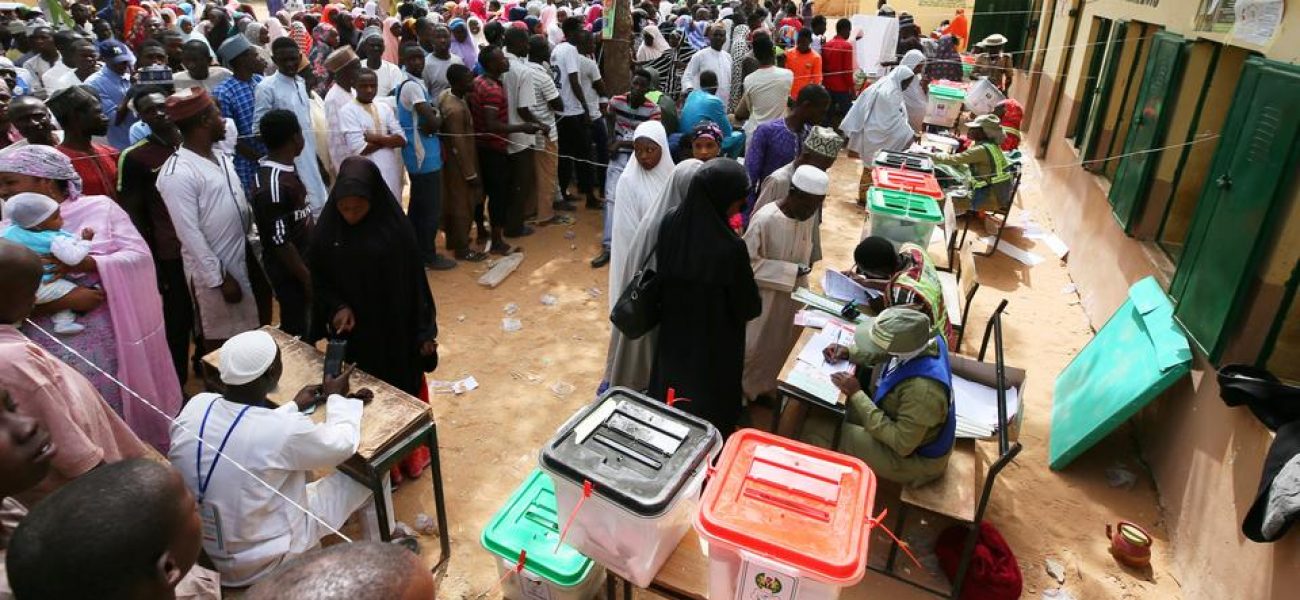The passage of the Electoral Act 2022 by the National Assembly and assent to it by President Muhammadu Buhari on 25th February 2022 marked a milestone in the agitations for the improvement of Nigeria’s electoral system. The 2022 Electoral Act replaced the 12-year old 2010 Electoral Act, which had undergone several amendments. The 2022 Act contains several innovative prescriptions to tackle the challenges facing Nigeria’s elections. A key element in the new Act is the confirmation of the use of technology for elections, including electronic transmission of results and simplification of other aspects of the electoral process.
The 2022 Act came under severe pressure shortly after its commencement when members of the National Assembly sought to amend it to allow for increased number of delegates to participate in the primaries of political parties that held in May and June 2022. Members of the National Assembly had discovered too late that they had inadvertently omitted a provision that had been there which allowed for statutory delegates to participate in the primaries. A hurried effort to correct their omission could not be readied in time for presidential assent. This meant that the primaries of the political parties did not have a high number of delegates to dilute the powers of Governors in the States. The effect was that several legislators lost their renomination bids.
As the campaigns set to begin, various aspects of the Electoral Act will come up for implementation and evaluation, opening the question whether the Act will live up to its billing as the answer to several challenges facing elections. Campaigns are set to begin on September 28 and Nigerians and election stakeholders will see the extent to which the new Act will impact on the election itself. A particular aspect of the election that will come into focus is campaign finance. Questions will arise: To what extent will money play a role in the elections? What does the Electoral Act say about campaign finance or about the extent of contributions to the campaign purse of political parties and candidates? What sums of money can be used for advertisements? Do the provisions on campaign finance have different implications for a political party distinct from a candidate? There will also be the question of how electoral violence can be curbed. What safeguards are there in the Electoral Act to curb campaign and electoral violence? Who has the responsibility to arrest electoral offenders? Who can prosecute electoral offenders?
Given the National Assembly’s recent effort to pass a National Electoral Offences Commission bill, the question is, will this bill be passed in time for use for the 2023 elections? If passed, will the President assent to it? If the President assents to it, will it be funded to give it life for use for the 2023 general elections? The Electoral Act will be key to the implementation of a credible electoral process in the 2023 general elections and Nigerians are looking forward to seeing the new Act live up to its expectation as a major landmark improvement in Nigeria’s electoral process.

